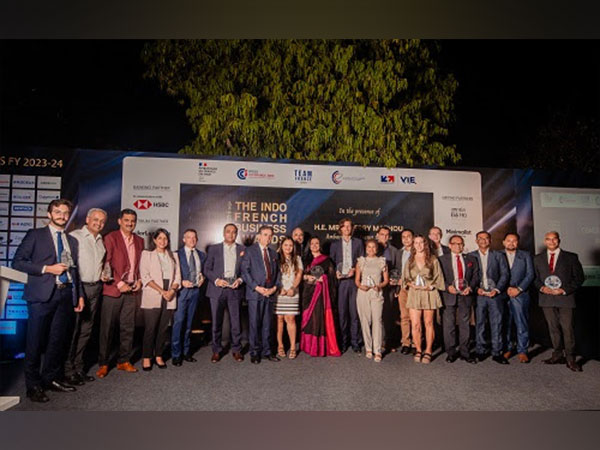
U.S. manufacturing sector growth slows in July amid continued supply-chain constraints
Aug 03, 2021
Washington (US), August 3: The U.S. manufacturing sector saw slower growth in July, as companies and suppliers continue to struggle to meet increasing levels of demand, the Institute for Supply Management (ISM) reported Monday.
The Purchasing Managers' Index (PMI) stood at 59.5 percent, down 1.1 percentage points from the June reading. Any reading above 50 percent indicates the manufacturing sector is generally expanding.
Timothy Fiore, chair of the ISM's manufacturing business survey committee, noted that committee panelists reported that their companies and suppliers continue to struggle to meet increasing demand levels.
"As we enter the third quarter, all segments of the manufacturing economy are impacted by near record-long raw-material lead times, continued shortages of critical basic materials, rising commodities prices and difficulties in transporting products," Fiore said.
"Worker absenteeism, short-term shutdowns due to parts shortages and difficulties in filling open positions continue to be issues limiting manufacturing-growth potential," he continued.
Optimistic panel sentiment, however, "remained strong," with 13 positive comments for every cautious comment, according to Fiore.
Tim Quinlan and Sarah House, economists at Wells Fargo Securities, wrote in an analysis that the ISM index came in at 59.5, the first sub-60 headline reading since January, adding that the outcome was short of a consensus expectation for 61.0.
"Every data point available for July is flashing amber to red. Bottlenecks are therefore likely to keep the heat turned up on prices and keep inflation elevated in the coming months, and inventory restocking is not yet in the cards," Quinlan and House said.
"While the easing in the supplier delivery index is a step in the right direction, supply chains remain a long way off from the seemingly frictionless state of before COVID," they said.
Source: Xinhua









